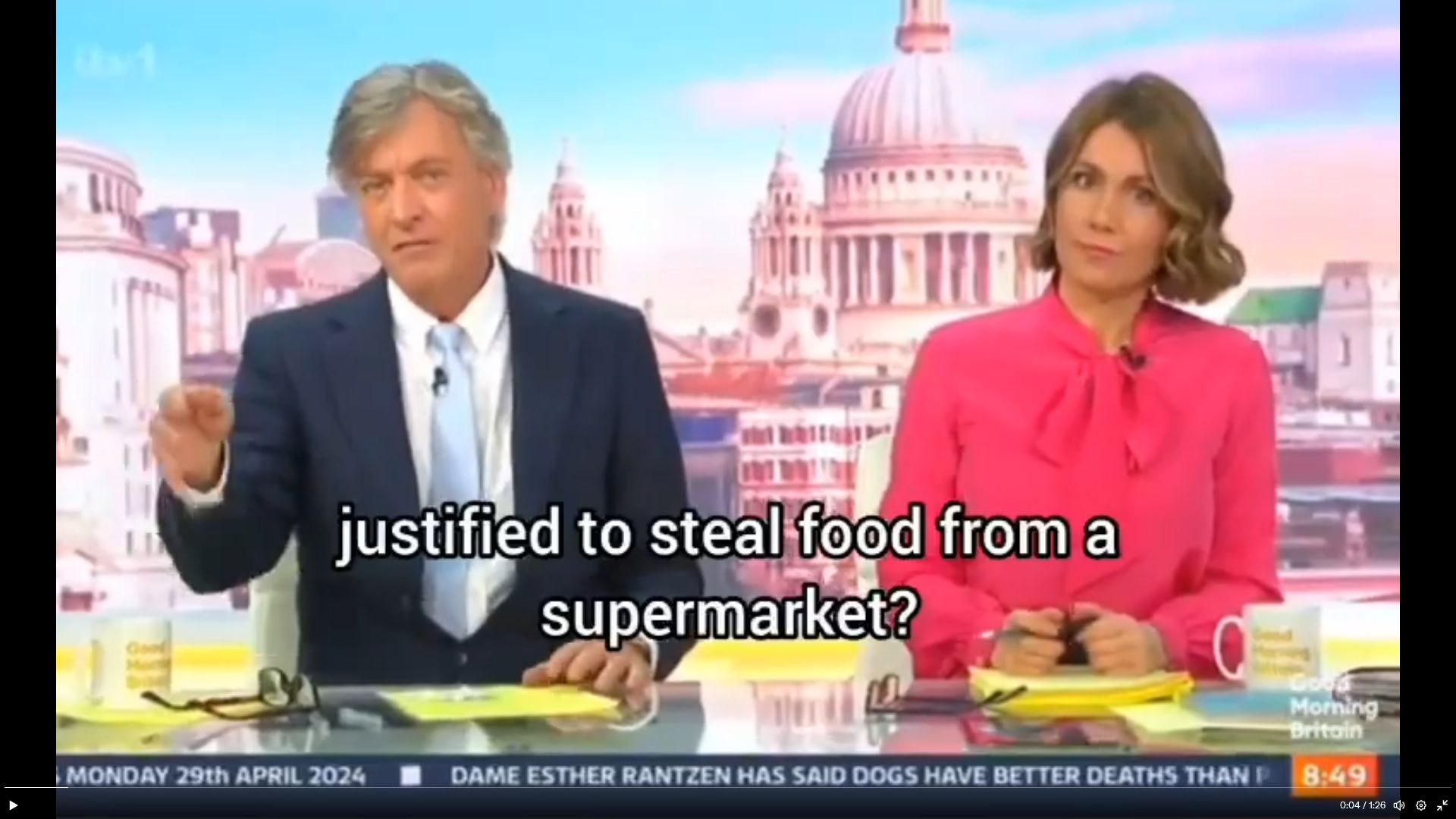Bristol City Council recently attempted to criminalise rough sleeping, camping, and even parking in public areas, with a sloppily-worded injunction. We at the Resistance collective visited the people at the centre of the case to find out why, and discover how the Council’s injunction had been defeated.
The group that occupies a small encampment in central Bristol – known as Tent City, despite there only being ten such shelters – moved there in April. The location had been suggested by local police, who had kicked them out of a nearby park. The site is certainly hard to spot, tucked away between a river, a small mound, and a fence that the Tent City residents have decorated with climbing flowers.
Stewart, who has lived there since the beginning, spoke to us about his experiences: “Even the police don’t mind us, “cause we don’t cause trouble, and we keep the place clean,” he said. “Whenever the Council contact them, they just say it’s a civil matter.”
The Council had told the residents that they were likely to be left alone for a long time, as long as their encampment didn’t grow too much. Locals were even more positive, reporting that they finally felt comfortable using the rest of the park, as drug dealers had been scared off. A person working in a nearby corner shop said that he’d felt safe taking his daughter to play there for the first time.
“Passers-by either ignored us, or came and spoke to us out of curiosity,” Stewart added. “Some of the regulars even started helping us out by giving us supplies.”
Compared to most experiences of homelessness, it was relatively idyllic. But it wasn’t to last.
The first trouble from the authorities came in the form of an immigration raid. However, the border agency found no one to easily deport. Most were UK citizens who had lived locally, and those who were from abroad all had working records going back over five years.
Papers for the court hearing followed soon after, but were a cock-up right from the start. Firstly, they’d been served with only two days’ notice, which is below the legal limit for this type of case. Secondly, rather than just the expected possession order (which would force the occupiers to move on), the papers included a proposed injunction. This travesty of a document, which no one in the Council has since owned up to writing, made it illegal for not just the residents, but any ‘persons unknown’ to sleep rough, park a vehicle, or camp on any public land in Bristol.
It would never stand up to scrutiny in court, but then again, who would give it the scrutiny? ‘Certainly not a dozen homeless people’, thought the Council. One of many mistakes they made.
The Tent City residents came along to a Bristol Housing Action Movement (BHAM) meeting, and got themselves last-minute legal representation in the form of an expert from South West Law. Due to the aforementioned f’ups, the judge swiftly adjourned the case, and the Tent City solicitor was confident he could rip the Council to shreds in court.
But there was a snag. There was no recourse to legal aid, and even with a discounted rate, they would need £1,500 to fight the case.
Crowd-funding came to the rescue, with dozens of people donating to meet the target. By the time the second hearing rolled around, the Council were far less confident, looking to save face in any way possible. They offered a weak compromise, which was resoundingly rejected by the Tent City folks, who responded with a counter-offer that the Council had little choice but to accept. It included giving them four weeks to leave the site, and the removal of ‘persons unknown’ from the injunction – an important step, as it would set a bad precedent and allow public spaces to be closed off from homeless ‘persons unknown’ one by one.
The judge approved the new wording, but not before giving the Council a bollocking, both for bringing the original injunction to court in the first place, and for using the phrase, “no local connections” as an excuse not to give people the housing they had a right to. This was certainly true for Stewart, who previously worked in Bristol for years and used to live in a house here with his family. Since the case, he is hopefully going to get some decent housing. The night before the court hearing, the Council tried to fob him off with a place in a shelter, but he wasn’t having that!
During our interview, the Council’s only dedicated ‘anti-social behaviour officer’ and his police chaperone attended to serve the injunction. He explained that it usually fell to him to deal with Bristol’s homeless population. The Streetwise team (as he is officially known), was set up to deal with ‘problematic’ behaviour, but as services have been cut back, it has seen its remit balloon to include nearly every instance of rough sleeping. This is in sharp contrast to the 90’s, when this responsibility fell to the Housing Outreach team.
Local Mayor Marvin Rees has recently announced a shift in how homelessness will be handled, with various Council services and charities to be housed in one ‘City Office’. However, homeless folks in Bristol are somewhat sceptical. “Rees’ city office sounds like the Hub,” noted Ben Richie of BHAM. “Ironically the Hub building on Cumberland Street at the bottom of Stokes Croft has been left empty, apart from 2011 when it was squatted by homeless people.” Instead, they argue, resources should be put towards helping those services that the homeless community genuinely value, and towards rough sleepers who are organising to improve their own circumstances – or at least not towards thwarting their attempts.
This article was written for the Anarchist Federation’s Resistance freesheet. To find out more about Afed and read the rest of the magazine, go to afed.org.uk








